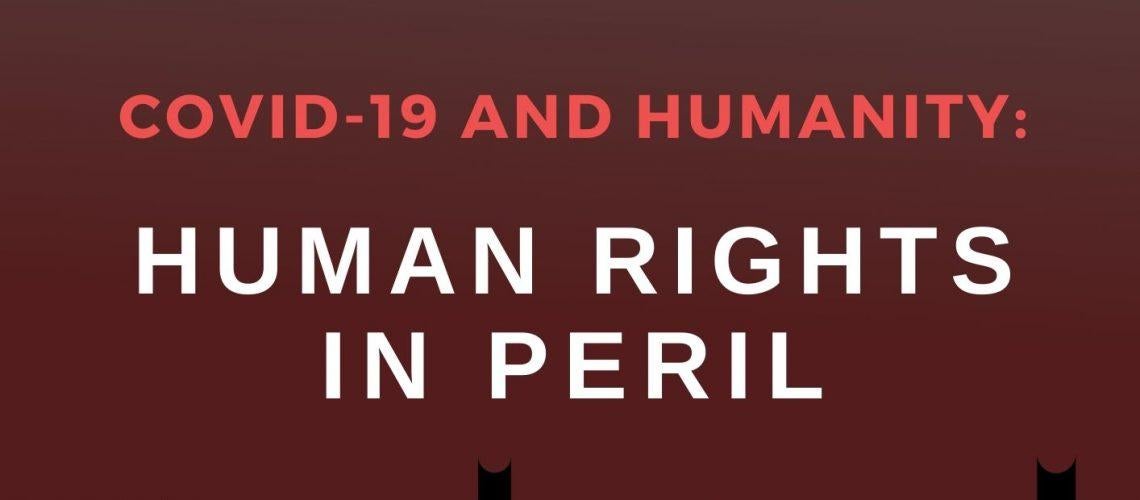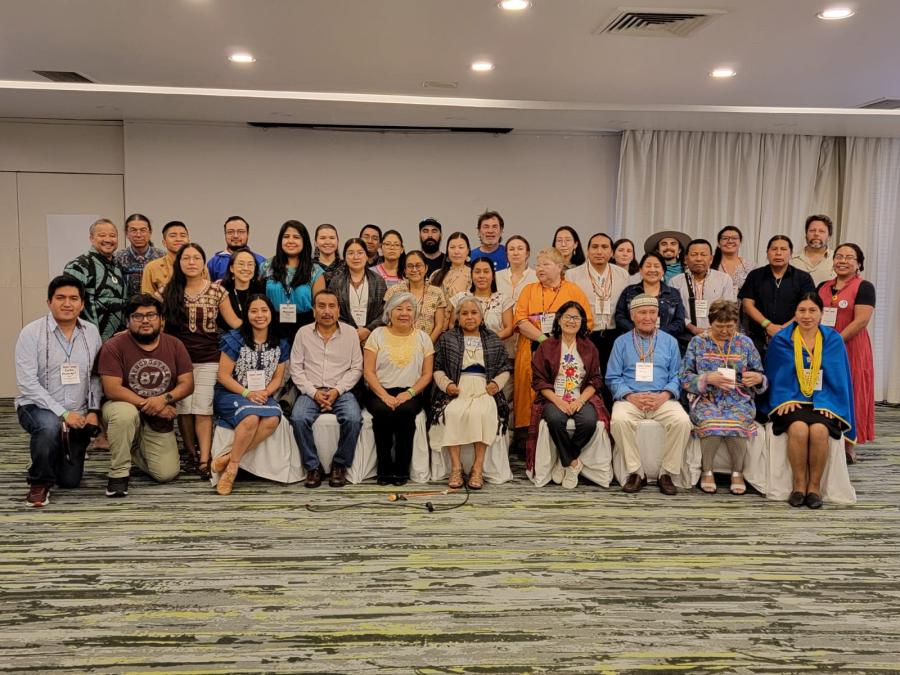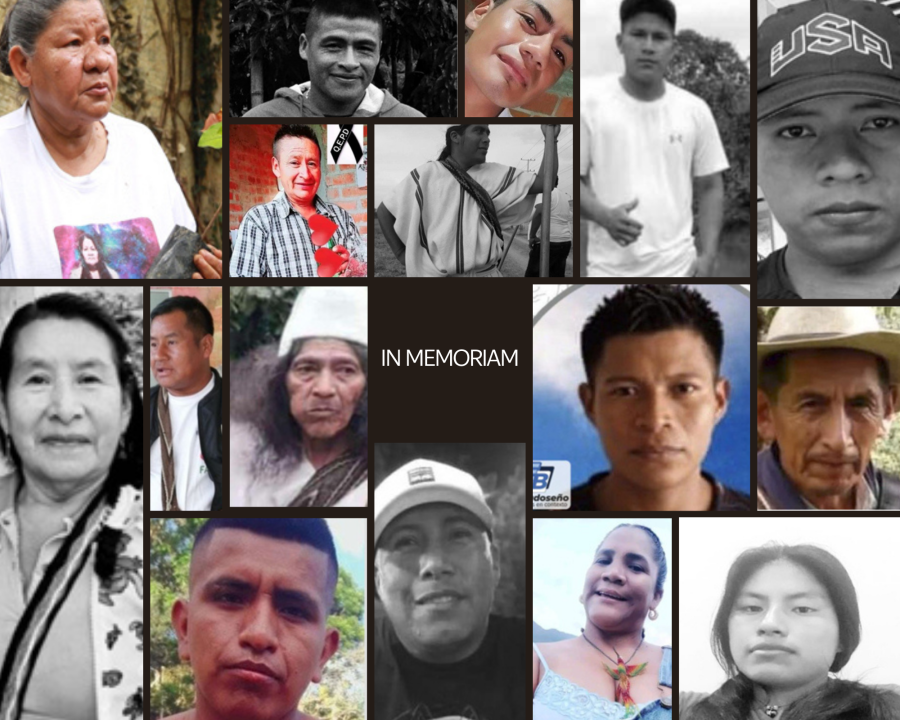
By Alexandra Carraher-Kang
It is already well known that crises tend to most harshly impact the most vulnerable. The impacts of the COVID-19 pandemic on Indigenous Peoples across the globe must be documented, acknowledged, and publicized. In May 2020, the Asia Indigenous Peoples Pact released a report entitled “COVID-19 and Humanity: Human Rights in Peril” which details the human rights abuses currently underway throughout the Asian continent. There are approximately 476.6 million Indigenous people in the world, belonging to 5,000 different groups, in 90 countries worldwide, about 70 percent of Indigenous Peoples live in Asia and the Pacific.
The editorial note begins: “The COVID-19 pandemic is not only a calamitous global event, but it is revealing the worst fears, especially, human rights, conflict, racism, and starvation...governments are using the situation as a cover for conducting military operations, land grabbing, rolling back protecting rights, weakening environmental laws and safeguards,” and more.
The report focuses on three types of human rights violations: those pertaining to militarization and criminalization, those pertaining to livelihood and land rights, and those pertaining to constitutional rights.
“The efforts to combat COVID-19 have not halted military operations in Indigenous areas despite the call by the UN Secretary General for an immediate global ceasefire and focus on the fight against the spread of the pandemic,” it writes. For example, in addition to similar human rights violations in the Philippines, Myanmar, and India, the Jumma in Bangladesh have suffered greatly at the hands of the government and military forces. From February to April 2020 in the Chittagong Hill Tracts, human rights violations that were reported include, but are not limited to: searching of dozens of houses without search warrants; kidnapping of three Jumma civilians; the arrest, detention, and torture of civilians; several killings; several rapes. Furthermore, Indigenous women face even greater risk than their male counterparts due to their gender: “living under the shadow of militarization and COVID-19, women are seriously impacted with the disruption of free moment, livelihood practices and as primary provider of food to their families.”
Until recently in northern Thailand, forest fires have proved an even greater threat than COVID-19. However, many (including the government) have placed the blame for these disasters on Indigenous people in the area, who practice shifting cultivation. The report states that “the Deputy Prime Minister and the National Resources and Environment Minister in separate statements have threatened to completely shut off access to forests by Communities,” threatening to cut off Indigenous peoples’ food security and livelihood. However, the real cause of these fires is climate change and the drying conditions it causes, which is exacerbated by the fact that “government authorities are not prepared enough and not supporting the communities” which do try to stop the fires. To quote one Karen community leader, “We're doing this [fighting the fires] because the forest is our home, because we're proud of who we are. We are the guardians of the forest, not the destroyers. We also know that if we fail, the officials will use it against us to and evict us from our homes.” The report also points to further examples of violations of livelihood and land rights in Bangladesh, the Philippines, and Nepal.
In India, the report writes, “there are now several examples of empowered Gram Sabhas (traditional decisionmaking) with community forest resource (CFR) rights under the Forest Rights Act (FRA). The communities that have secured their land rights are generating higher revenues from collection and sale of NTFPs that are used for various purposes such as for village development activities, including for cases related to COVID-19. These Gram Sabhas have used such funds to procure and distribute essential food supplies to all village households to deal with the COVID crisis.” However, despite the positive impacts of Gram Sabhas with CFR rights, “most of the Indigenous Peoples do not have recorded legal rights over forest land,” making a massive failure of the Indian government to implement the FRA. As such, the report tells, “the government is all out to clear development projects inside designated protected areas and rich forest areas. The standing committee of the National Board for Wildlife (NBWL) cleared 11 development projects on 7th April. The Expert Appraisal and the Forest Advisory Committees have also cleared several projects in the recent months.” As a direct result, Indigenous people’s livelihoods and food security will suffer, and especially those of Indigenous women.
“The democratic fabric of many countries is eroding during this pandemic,” stated Secretary General of Asia Indigenous Peoples Pact (AIPP) Mr. Gam A. Shimray. “When people are in lockdown and prevented from going out and protest or go to the court, governments are rolling back constitutional rights of Indigenous Peoples, and evicting people from forest lands and military campaigns are being carried out. Are all these in any way relevant to the fight against the pandemic? Human rights and democratic norms are being put to peril.”


